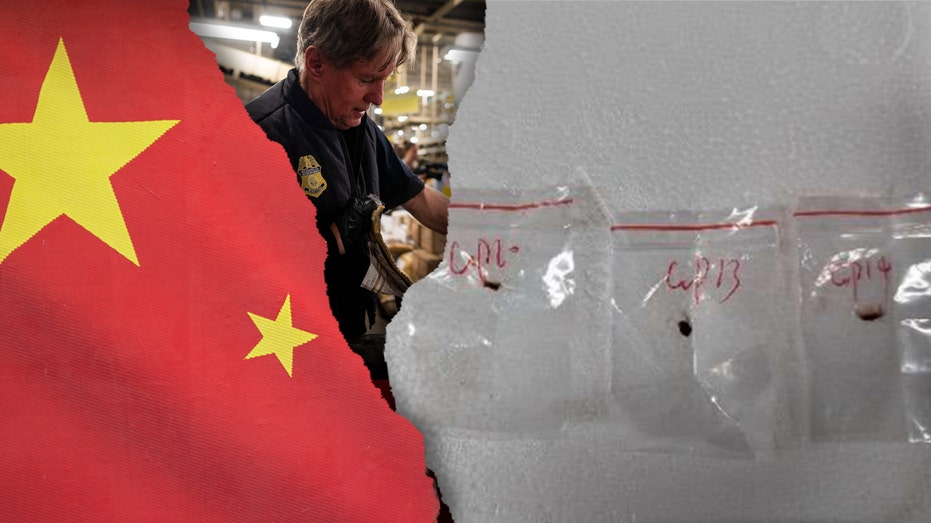Chinese Official Denies Knowledge of Fungus Outbreak, Urges Citizens to Follow Local Laws
FBI Director Kash Patel warns that a dangerous fungus poses a severe threat to America's food security.

An official from the Chinese embassy stated on Wednesday that he was not aware of the case involving two Chinese nationals recently charged with smuggling a “dangerous biological pathogen” into the United States for research purposes at a major university. Addressing questions about the incident, Liu Pengyu, spokesperson for the Chinese Communist Party Embassy in the U.S., emphasized China’s longstanding expectation that its citizens overseas must comply with local laws while also declaring the government’s commitment to protect their rights and interests.
The comments followed the announcement of charges against University of Michigan research fellows Yunqing Jian and Zunyong Liu, who are romantically involved. Authorities allege the couple smuggled Fusarium graminearum, a potent grain-infecting fungus identified by the Justice Department as a potential agroterrorism weapon, into the U.S. This pathogen is known to cause “head blight”—a destructive disease affecting cereal crops such as wheat and barley. Officials estimate that damage from this fungus results in global agricultural losses of over $1 billion annually.
The investigation into the smuggling is being led by the FBI, working jointly with U.S. Customs and Border Protection (CBP). Law enforcement officials noted that Jian had reportedly received funding from the Chinese government for research related to the fungus while still in China, though the Chinese embassy representative said he had no information regarding the situation.
Since the onset of the COVID-19 pandemic in 2020—after which China faced international scrutiny for allegedly being the source of the novel coronavirus—concerns over biosecurity and research transparency have become a heightened priority for American agencies. The recent charges have intensified those concerns, especially given the classification of Fusarium graminearum as a threat to food security.
FBI Director Kash Patel characterized the case as a serious national security threat, citing the potential of the fungus to disrupt the nation’s food supply. CBP Director of Field Operations Marty Raybon echoed this sentiment, stating that the latest criminal charges demonstrate the agency’s critical responsibility in protecting the American people “from biological threats that could devastate our agricultural economy and cause harm to humans.”
In response to the charges, the University of Michigan stressed its commitment to ethical research and serving the greater public good. In an official statement, the university condemned actions that could jeopardize national security or undermine its mission. The university further clarified that it had not received any funding from the Chinese government in connection with the research conducted by Jian and Liu, and affirmed its cooperation with federal law enforcement agencies as the investigation continues.




